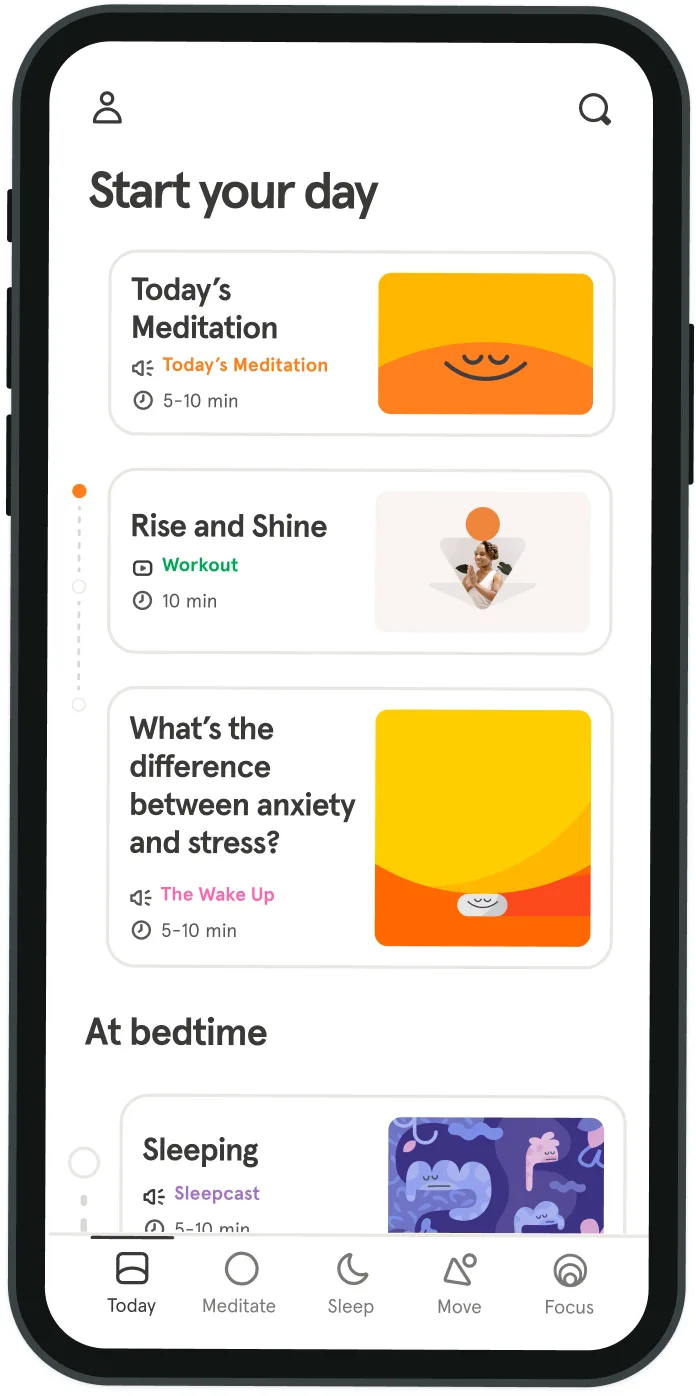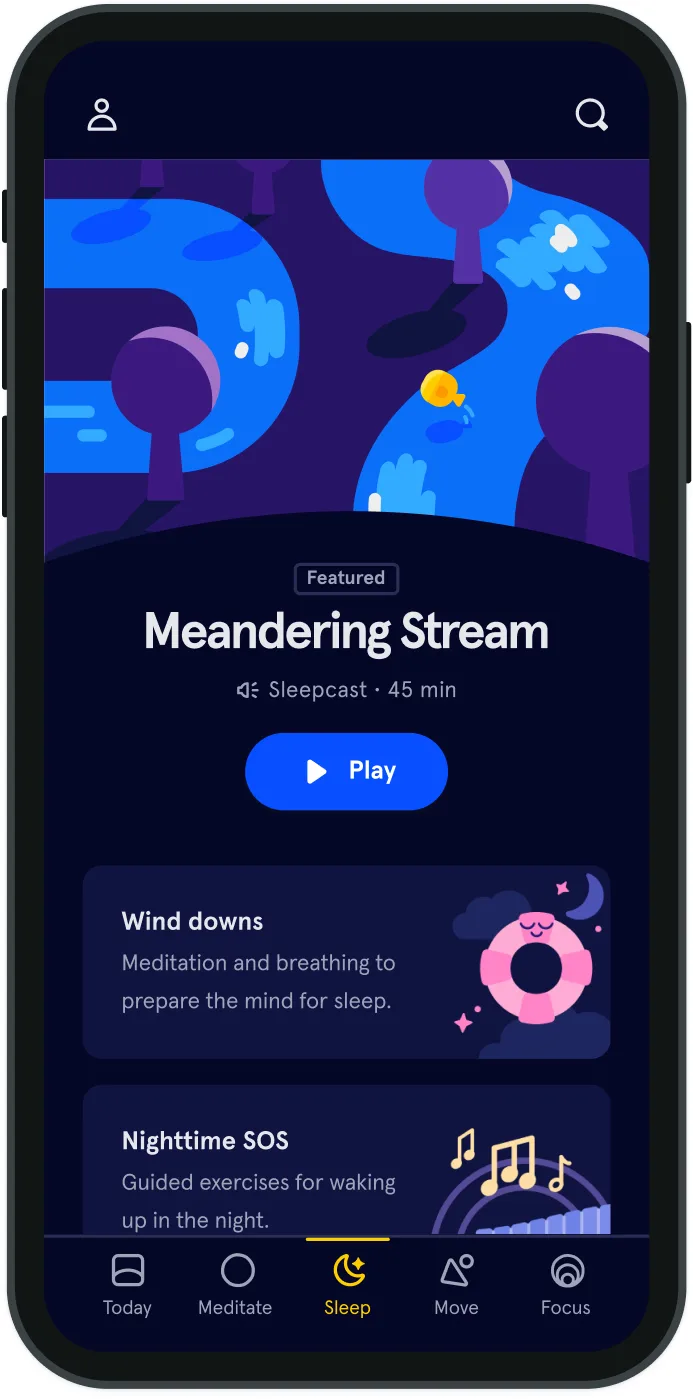Is it possible to have work-life balance if your boss doesn’t?
Is it me or does it feel like there’s never enough time for everything? A full-time job eats up half your waking hours. Add an hour or two if you commute, and another few for evenings you work late. Suddenly, there are only a few hours left for grocery shopping, cooking, socializing, exercise, cleaning, or rest—and even those hours may be overtaken by murky work boundaries.
With today’s pace of technology and development, time management is not just a good skill to have, it’s essential. So here are some simple steps we can take as individuals to better manage our personal and professional time. (And if you’re a boss, you may find that setting healthy boundaries for yourself are far more than self-serving.)
What is “work-life balance” and why is it important?
In the late 1800s, Sigmund Freud suggested that a balance of two main things—work (necessity) and love—were the foundations of society and individual well-being. “Work” could be considered professional tasks or contributions to necessities of society. “Love” encompassed self-care as well as friend and family relationships. The phrase “work-life balance” is said to have been coined in the 1970s and has since been emphasized in workplace ethics to prevent employee burnout and encourage long-term sustainability. Individual identity is largely shaped by one’s work, so it’s no wonder that a career takes up much of the pie. But being overworked with little space for much else can lead to physical and mental health complications such as depression, anxiety, and compromised immunity.
Leaders may influence how employees balance work and life
Signing up for time management courses can certainly help, but research shows that indirect influence of our managers appears to have equal if not greater impact. Managers don’t just provide technical guidance on the job, they also model how to maintain healthy (or unhealthy) separation of “work” and “life” as a way to support long-term wellbeing. In a 2015 study, researchers examined “work-life friendly role modeling,” the concept of managers investing balanced energy in work and personal life. Seventy-five supervisors and 237 employees were first surveyed on how they managed work and home life. On average, supervisors who reported that they take action to separate home and life were more likely to be perceived by employees as keeping a healthy work-life balance. In addition, employees who reported that their supervisor showed “work-life friendly role modeling” were also more likely to segment time between work and home themselves. Happiness and balance of employees is great, but what about productivity? Employees who were more likely to segment their time well were also less likely to feel disengaged or exhausted by work as compared to employees who did not have a work-life friendly role model. In other words, their energy and hours were spent more productively at work not just in the moment, but over the long term. There are times when staying late is inevitable. But managers who allow this to be the occasional allowance instead of a general expectation not only keep themselves in balance, they sustain healthier, happier, and more productive teams.
How can I better balance personal and professional life?
According to the Society for Industrial and Organizational Psychology, people who have work-life balance feel that their lives are fulfilling with needs met both inside and outside of work. “Segmenting behaviors” are simple strategies to set limits between professional time and personal time. Consider the following: - Plan your use of vacation days well in advance. This lets you look forward to and plan around them. Remember, many jobs write vacation days into your contract. If you have them, you are entitled to use them. ** -** Track how you’re spending your hours each week. Not just at work but in your personal life as well. You can get technical with Excel or you can start just by ballparking in reflection. Boundaries can remain blurred unless we draw clear and concrete attention to them first. ** -** Turn off your email after an agreed-upon hour each night. You may also want to set up a protocol for emergency contact. The beauty of our “humanness,” as Freud called it, is our need for both work and love. So rather than cut one out in favor of the rest, may we bring awareness to boundaries as they are and adjust the lines toward balance. We can have both.


Be kind to your mind
- Access the full library of 500+ meditations on everything from stress, to resilience, to compassion
- Put your mind to bed with sleep sounds, music, and wind-down exercises
- Make mindfulness a part of your daily routine with tension-releasing workouts, relaxing yoga, Focus music playlists, and more
Meditation and mindfulness for any mind, any mood, any goal
- © 2024 Headspace Inc.
- Terms & conditions
- Privacy policy
- Consumer Health Data
- Your privacy choices
- CA Privacy Notice
